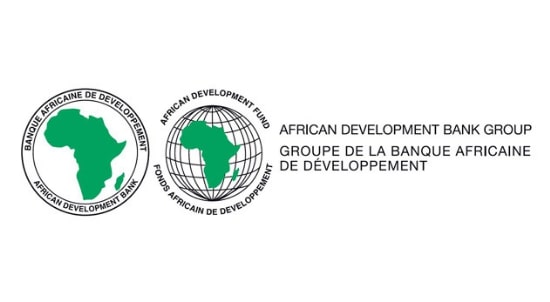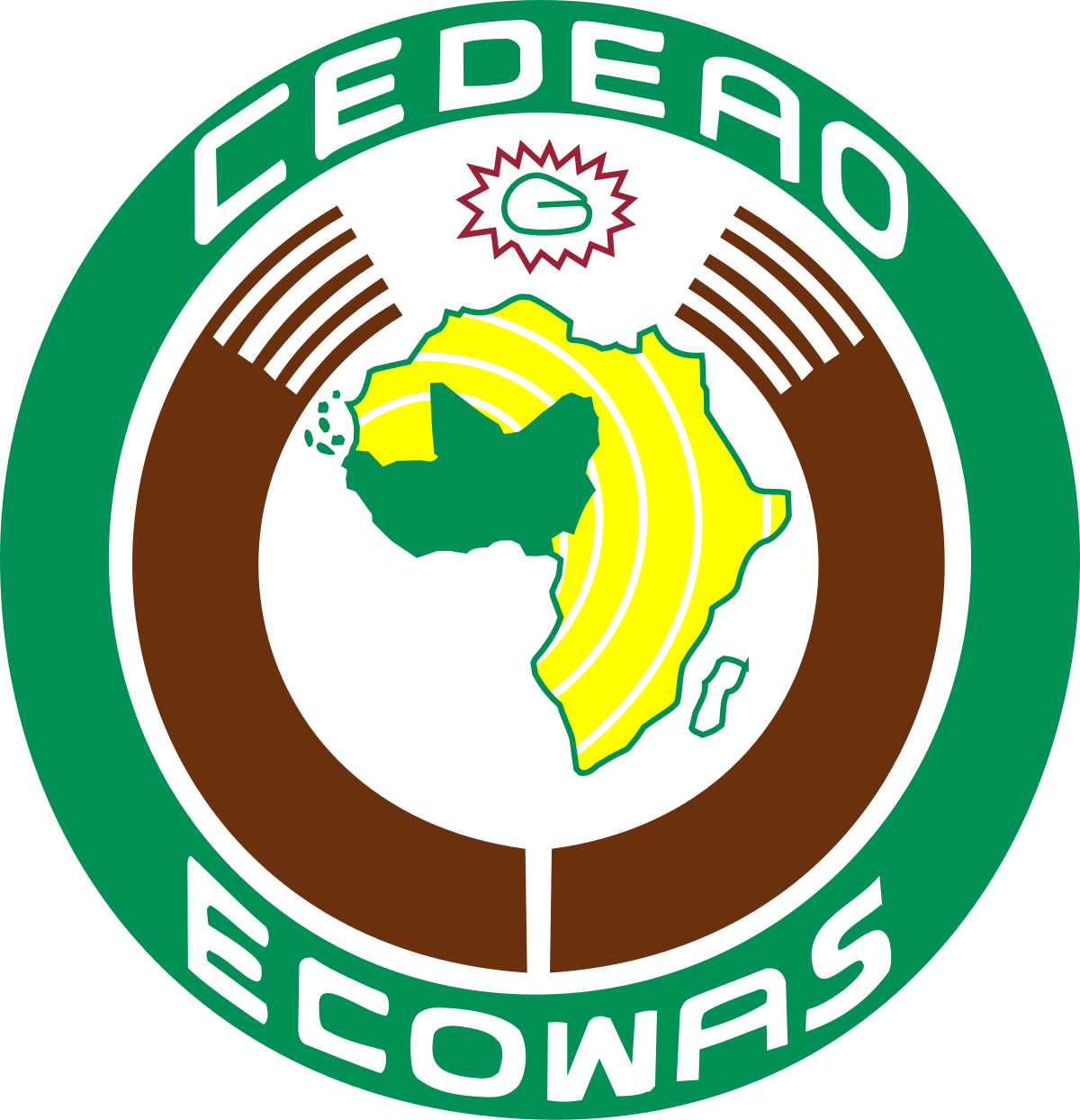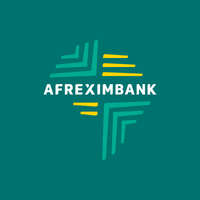AEC’s NJ Ayuk to Shape MSGBC Basin’s Energy Future at Dakar Conference

The African Energy Chamber’s Executive Chairman will join industry leaders in Dakar to discuss investment, policy and growth across the MSGBC Basin.
International Day of Rural Women: Empowering Africa’s Rural Women for Sustainable Development

Dr. Jemimah Njuki is Director for Gender, Women and Civil Society at the African Development Bank Group. Here she discusses the Bank’s commitment to gender equality, its results in supporting rural women, and how this work advances President Sidi Ould Tah’s Four Cardinal Points.
ECOWAS and World Bank organize regional seminar on international taxation

A regional seminar on international taxation was held in Accra, Ghana, from September 22nd to 26th 2025, jointly organized by the World Bank’s EMFTX team and the ECOWAS Commission, with support from regional and international partners.
African Development Bank and Saudi Institutions Deepen Partnership to Boost Investments in Africa

The African Development Bank Group and the Kingdom of Saudi Arabia have agreed to strengthen their partnership to accelerate investment across Africa’s key growth sectors, following high-level talks in Washington.
Local Solutions for Preventing Conflict Take Centre Stage at 2025 Africa Resilience Forum

Leading development financiers, aid agencies and political leaders in Africa have called for stronger investment in local solutions to conflict prevention over crisis response as the continent grapples with mounting security and economic challenges.
Afreximbank allocates US$100 million AFTRAF line of credit to NBS Bank Plc Malawi

African Export-Import Bank (Afreximbank) has signed a facility agreement with NBS Bank Plc Malawi (NBS Bank) to provide NBS Bank with a US$100 million Afreximbank Trade Facilitation Programme (AFTRAF) line of credit to support the bank’s growing trade finance portfolio and enable it to continue to effectively meet its trade clients’ needs.
Mauritania signs $300 million IPP deal for hybrid solar-wind plant under Desert to Power initiative

Mauritania has signed its first independent power producer contract, a $300 million agreement with Iwa Green Energy to develop a 60-megawatt hybrid solar-wind power plant.
African Development Bank Group and Niger sign $144.7 million agreement to boost energy access, economic competitiveness and resilience

African Development Bank Group President Sidi Ould Tah and Niger’s Prime Minister, Ali Mahamane Lamine Zeine, have signed a $144.7 million financing agreement to improve energy access and private sector competitiveness.
Denmark announces 40 percent increase in contribution to the African Development Fund to benefit Africa’s lowest income countries

Denmark has announced a planned DKK 1,1 billion pledge to the African Development Fund’s 17th replenishment (ADF-17), representing a 40 percent increase over its previous contribution to the Fund. Announced on the sidelines of the 2025 Nordic-African Foreign Affairs Ministers’ Meeting, this pledge marks a major step towards delivering on the Sustainable Development Goals and advancing the Paris Agreement on the African continent.
Afreximbank and MDGIF sign strategic MoU to accelerate development of gas infrastructure in Nigeria

Algiers, 12 September 2025 –African Export-Import Bank (Afreximbank) and the Midstream and Downstream Gas Infrastructure Fund (MDGIF) have signed a landmark memorandum of understanding (MoU) to establish a collaborative framework aimed at promoting, developing and improving gas infrastructure in Nigeria.




